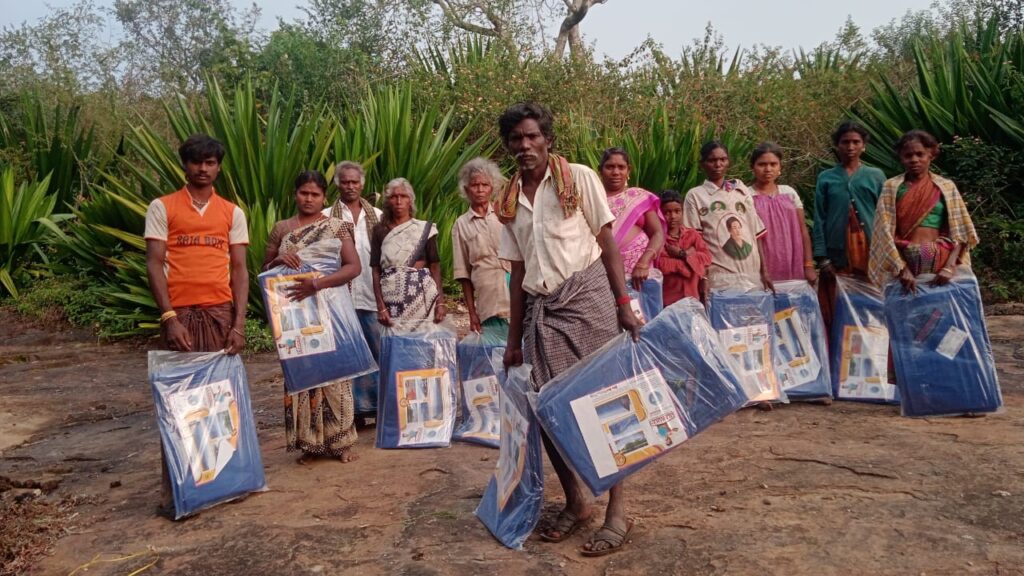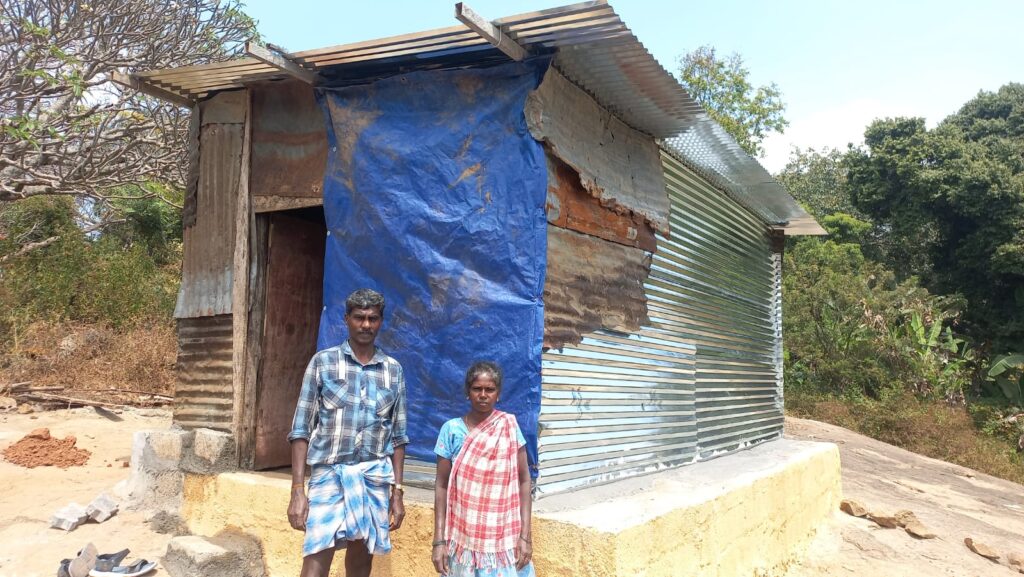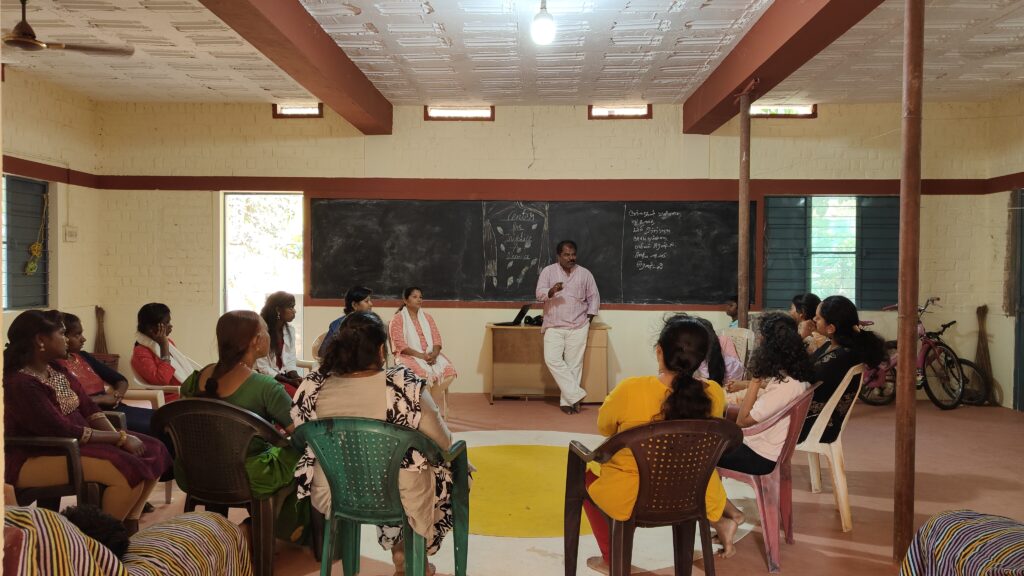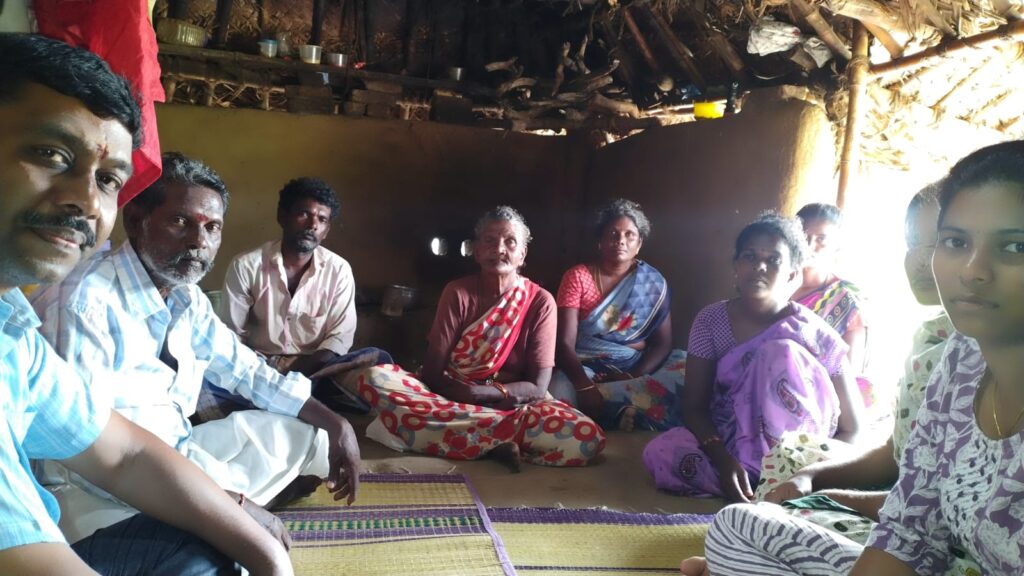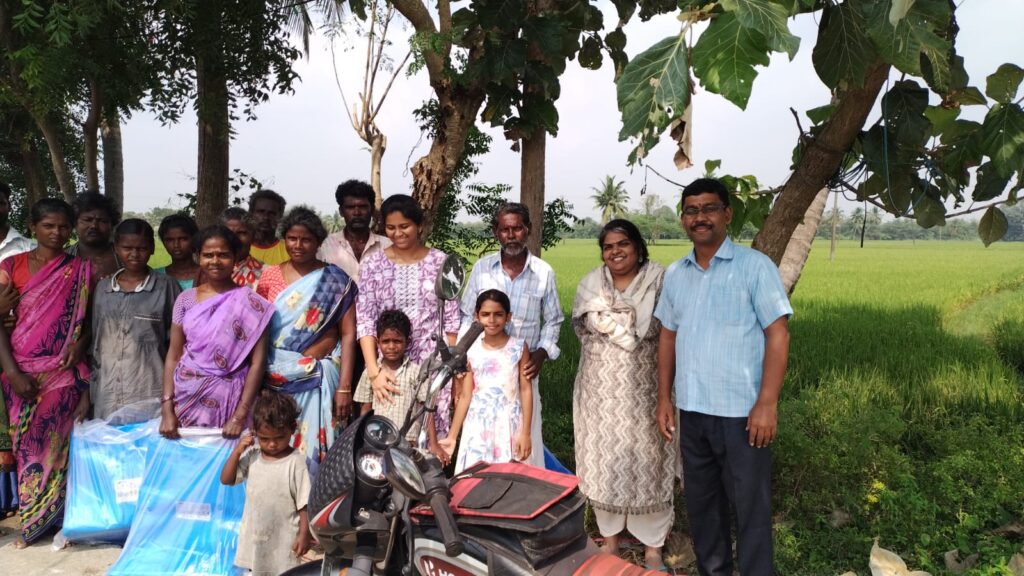Livelihood Support
Marginalized tribal communities often face a unique confluence of socio-economic disadvantages that necessitate targeted and sustained livelihood support. Their historical marginalization, geographical isolation, limited access to resources, and socio-cultural distinctiveness create significant barriers to mainstream economic opportunities, underscoring the critical importance and urgent need for focused interventions in this area.
Importance of Livelihood Support:
- Economic Empowerment and Poverty Alleviation: Livelihood support directly addresses poverty by creating pathways for income generation and economic self-sufficiency. By providing access to skills training, resources, and market linkages, these initiatives empower individuals and communities to break free from cycles of poverty and dependence.
- Food Security and Nutritional Well-being: Secure livelihoods translate to improved food security and better nutritional outcomes. When tribal communities have stable income sources, they can access diverse and nutritious food, reducing vulnerability to hunger and malnutrition, particularly among women and children.
- Preservation of Traditional Skills and Knowledge: Many tribal communities possess unique traditional skills and knowledge related to agriculture, forestry, crafts, and natural resource management. Livelihood support initiatives can help revitalize and promote these skills, providing sustainable income opportunities while preserving cultural heritage.
- Social Inclusion and Reduced Inequality: By addressing economic disparities, livelihood support contributes to greater social inclusion and reduces inequalities. It empowers marginalized communities to participate more fully in the economic and social fabric of society, fostering a sense of dignity and belonging.
- Enhanced Resilience and Reduced Vulnerability: Diversified and sustainable livelihoods enhance the resilience of tribal communities to economic shocks, environmental changes, and other external pressures. This reduces their vulnerability and strengthens their capacity to cope with challenges.
- Improved Health and Education Outcomes: Economic stability has a cascading effect on health and education. Increased income allows families to invest in better healthcare and education for their children, leading to improved overall well-being and future opportunities.
- Reduced Migration and Displacement: Lack of viable livelihood options often forces tribal communities to migrate in search of work, leading to displacement, loss of cultural identity, and exploitation. Strong local livelihoods can reduce the need for such distress migration.
- Empowerment of Women: Livelihood initiatives that specifically target women within tribal communities can lead to their economic empowerment, increased decision-making power within the household and community, and improved social status.
Need for Livelihood Support:
- Historical Disadvantage and Discrimination: Tribal communities have historically faced discrimination, displacement, and limited access to land, education, and other essential resources, creating a persistent need for affirmative action through livelihood support.
- Geographical Isolation and Lack of Infrastructure: Many tribal settlements are located in remote and inaccessible areas with poor infrastructure, hindering their access to markets, information, and opportunities. Targeted support can bridge these gaps.
- Vulnerability to Exploitation: Due to their marginalized status and lack of economic alternatives, tribal communities are often vulnerable to exploitation by moneylenders, contractors, and other intermediaries. Sustainable livelihood options can provide a safeguard against such exploitation.
- Impact of Environmental Degradation and Climate Change: Tribal livelihoods are often closely linked to natural resources, making them particularly vulnerable to environmental degradation and the impacts of climate change. Livelihood support needs to incorporate climate-resilient practices and alternative income sources.
- Preservation of Cultural Identity: Economic pressures can lead to the erosion of traditional livelihoods and cultural practices. Supporting traditional skills and creating culturally appropriate livelihood opportunities can help preserve tribal identity and heritage.
In conclusion, providing comprehensive and culturally sensitive livelihood support to marginalized tribal communities is not merely an act of charity but a fundamental necessity for ensuring their economic empowerment, social inclusion, and overall well-being. It is an investment in building a more equitable and just society where the rights and potential of all communities are recognized and realized. Sustained and collaborative efforts from governments, civil society organizations, and the private sector are crucial to address this pressing need effectively.

